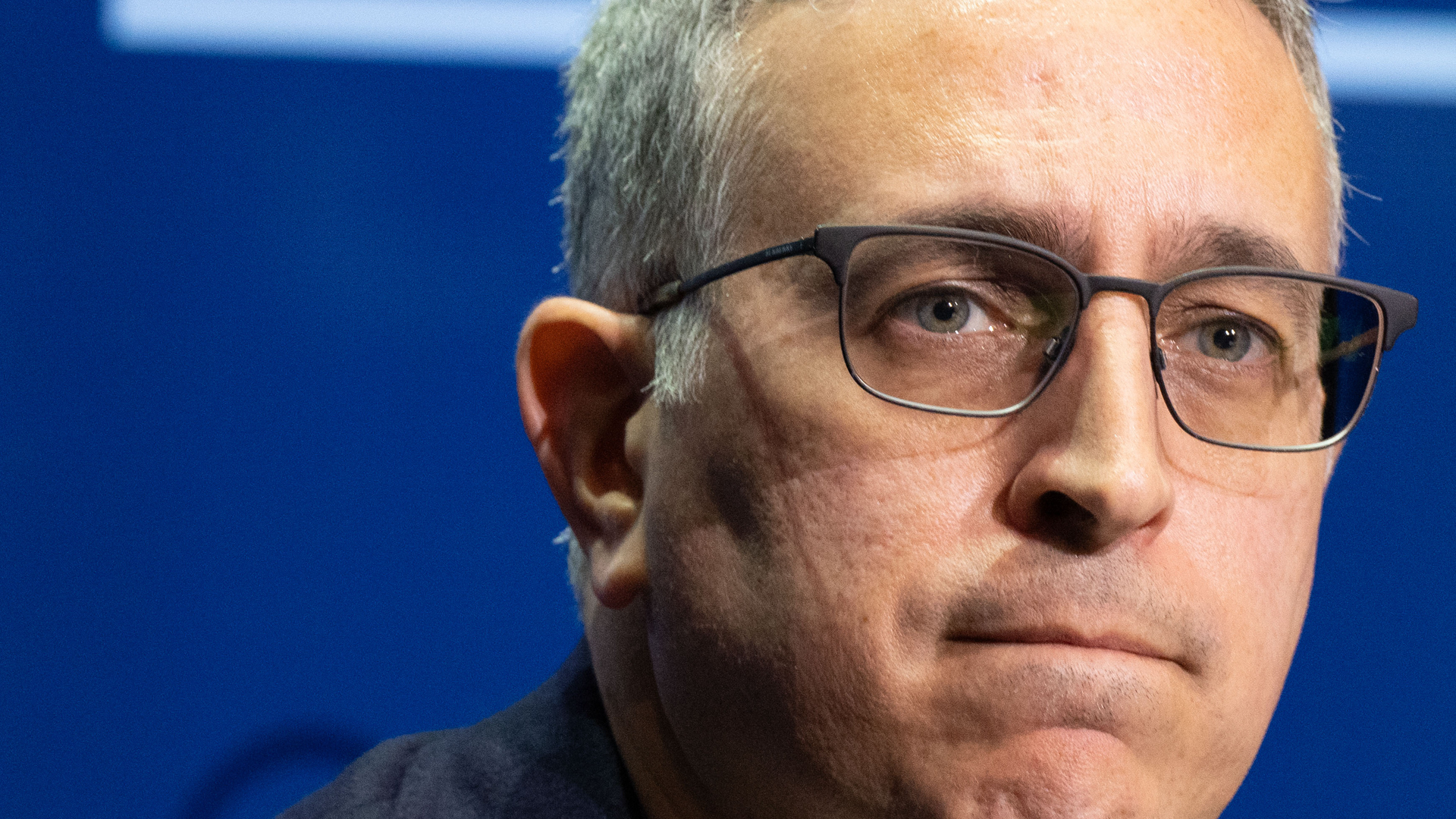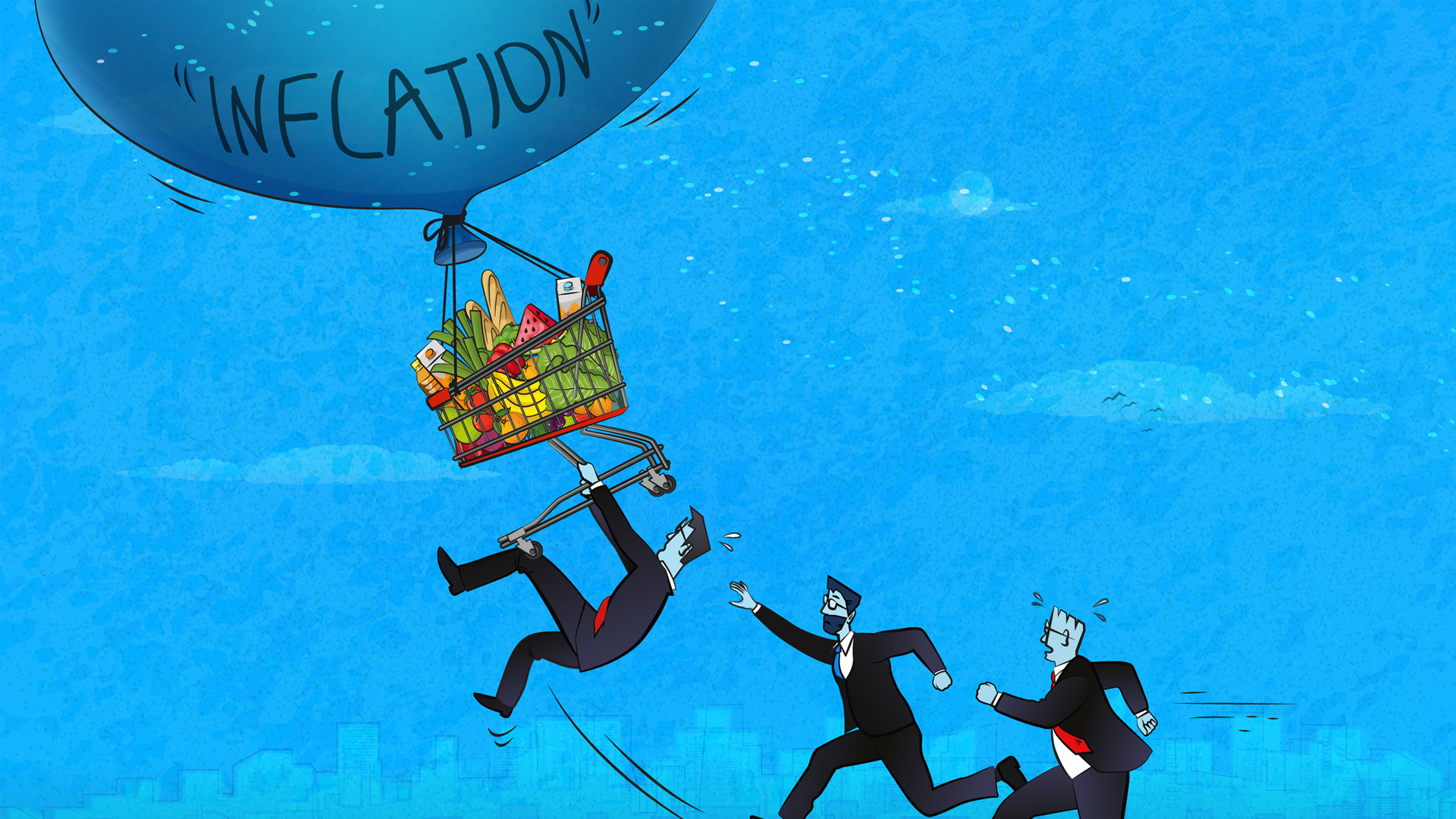
In my previous post, my goal was to put things in perspective regarding the progress of international climate talks. While I maintained that a “too slow” verdict is too hasty and ultimately unhelpful, I have remarked that this is not to paint a rosy picture. There are a number of challenges facing the process between now and the 21st Conference of the Parties (COP 21) to be held in Paris in December.
What exactly are these challenges? In the next weeks, I will take up one challenge at a time, explain the risks it presents for the future of the global climate effort, and discuss the prospects for an effective way forward. As we will see, although there are several challenges, they all arise from a preoccupation with how to build a fair, effective, and durable system of international cooperation.
If successful, a meaningful agreement will set an important precedent. And its significance is multi-dimensional. A meaningful Paris outcome won’t merely put the world on track on the issue of climate change. It will also help the international community gain new know-how on how to approach other global problems too. There is much at stake.
Stay tuned for more on the international climate effort, what Canada can do better in taking the process forward, as well as the broader implications.







